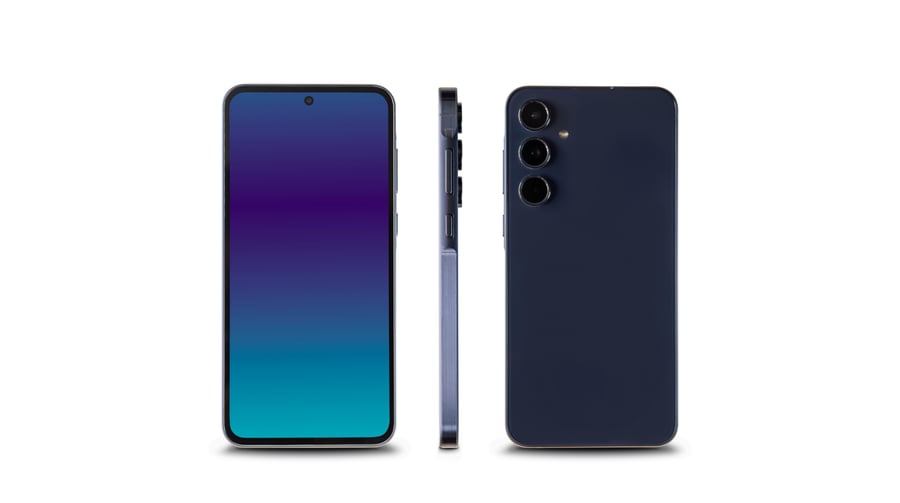
Remember when phones were just for calling? Those days are long gone. Now, these pocket-sized supercomputers have us all hooked - and yes, that includes the tech-wary Charedi community.
The Dopamine Trap
It's no secret that cell phones are addictive. That little dopamine hit we get from each notification is like a tiny digital drug, and our brains can't get enough. For people with ADHD, it's even worse. Their brains are already wired to chase that dopamine high, making phones practically irresistible.
But even the ultra-Orthodox, known for giving new tech the side-eye, are falling into the cell phone trap. Take a stroll through Mea Shearim or Bnei Brak, and you'll spot more than a few people sneaking glances at their phones. Sure, many are "kosher phones" with limited features, but that hasn't stopped the addiction.
Who's at Risk?
While the Charedi community's struggle is unique, the truth is that every cell phone user is at risk. However, some groups are more vulnerable:
- Teens and young adults (under 20): They're the most likely to develop addiction due to behavioral factors and lack of self-control.
- People with anxiety or depression
- Those with low self-esteem
- Introverts
- Individuals lacking disciplined self-control or impulse control
Red Flags: Are You Hooked?
So how do you know if you're addicted? Here are some red flags:
- You panic if you leave home without your phone
- You check it obsessively, even when there's no buzz or ding
- You're scrolling instead of sleeping
- Your phone interferes with daily activities and social events
- You've experienced physical symptoms like neck pain or eye strain from overuse
- You lose track of time when using your phone
- You feel withdrawn from the physical world
- Your relationships or career have suffered due to phone use
- You've tried and failed to limit your usage
The Real-World Consequences
Cell phone addiction isn't just annoying - it can have serious impacts:
- Mental health issues: Excessive use is linked to anxiety, depression, and chronic stress
- Poor sleep: Nighttime phone use can lead to insomnia and lower sleep quality
- Increased risk of car accidents: Distracted driving is a deadly serious problem
- Poor academic performance: Students using phones in class struggle to focus and learn
- Work issues: 70% of U.S. employees keep their phones within eyesight at work, potentially harming productivity
Breaking Free: It's Possible
Breaking free isn't easy, but it's doable. Try these tips:
1. Set "phone-free" hours (especially during meals and family time)
2. Leave your phone outside the bedroom at night
3. Use app blockers to limit temptation
4. Find a phone addiction "buddy" to keep each other accountable
5. Track your data usage and set limits
6. Remove your most time-consuming apps
7. Reduce notifications
8. Engage in non-phone hobbies and activities
A Balancing Act
For the Charedi community, it's a tricky balance. How do you stay connected without compromising your values? Some rabbis are offering guidance on kosher phone use. Others are pushing for more tech-free zones in religious neighborhoods.
Our smartphones are lifelines, providing instant information and connection. By setting boundaries and being mindful of our usage, we can enjoy the ease of communication they afford without letting them control us.
Verizon contributed to this article.


















1 Comments